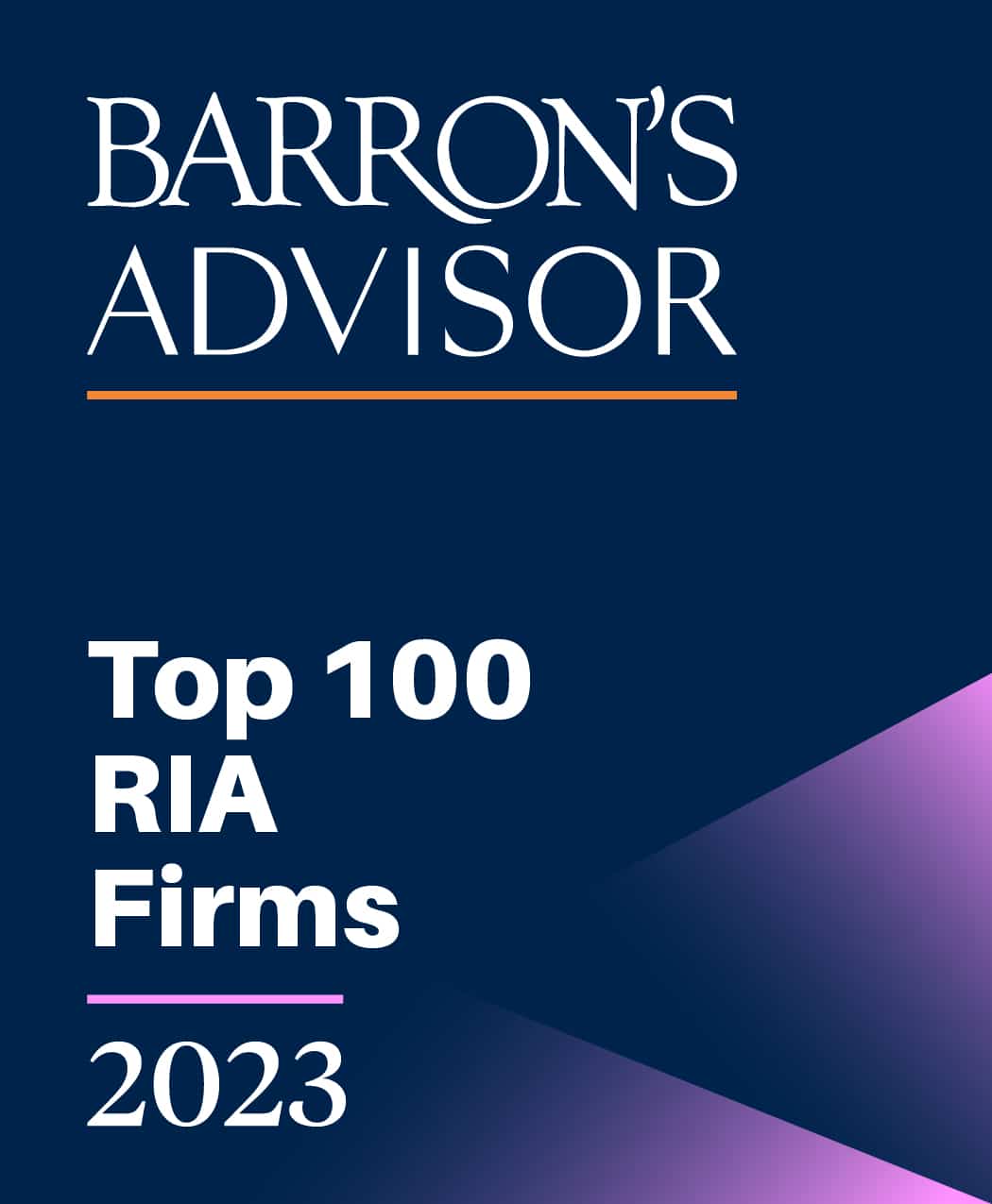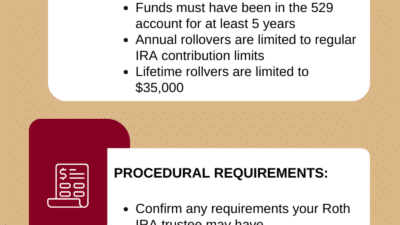Fiduciary, Comprehensive, and Personal Wealth Management – Delivered With the HB Difference
Learn more about how we built HB to align our services with what you want from a wealth management firm.

Fiduciary
"I want an advisor who is acting in my best interest at all times, period."
We founded our firm in 1989 based on this core principle.

Expertise
"I want real knowledge on my financial team, not salespeople pretending to be advisors."
The majority of our client service professionals hold or are seeking the CFP® and/or CFA designations.

Alternatives
"I want more than just plain vanilla stocks and bonds in a portfolio personalized for me."
Our investment experts source and analyze compelling private alternative investments to target improved long term performance in combination with our traditional investments.

Comprehensive
"I want someone to help handle everything in my financial life, saving me time and money."
We serve as your family CFO, handling your investments and planning issues big and small.

Technology
"I want the latest technology to make my life easier."
We have invested in industry-leading financial planning and investment reporting software to make meetings simpler and give you easy online 24/7 access.

Personal
"I want real people advising me now and in the future to help me stay on track."
We believe in high touch service and personal relationships. We serve you with a team of people who are committed to working with you for the long term.
*Past performance is not a guarantee of future results for any investment. Private alternative investments are not for every client. An individual must be qualified to invest in a private investment based on their net worth and/or other criteria, and they may qualify to invest in some alternative investments while not be allowed to invest in other alternative investments. Alternative investments are not risk-free and there is no guarantee of achieving attractive performance compared to similar liquid investments. Risks associated with investments in private alternatives include the illiquid nature of such investments, risks associated with leveraged investments, manager-specific risks, sector-specific risks, and in certain cases geographical risk, as well as the risk of loss of principal.
Our Services
Learn more about the wide range of services provided by our financial advisors.
Who We Are
Fiduciary, Comprehensive, and Personal Wealth Management
Founded in 1989
Providing fee-only fiduciary advice for over 30 years
True Fiduciaries
The foundation of our firm that will never change
Independent
Not owned by bank or brokerage firm
Clients in 48 States
Based in Atlanta and serving clients across the U.S.
Diverse Team
180+ employees serving you
Our Blog
Latest Insights and News
Awards and Recognition
FORBES
2022-2023
Forbes America’s Top RIA Firms
Financial Advisor
2010-2023
Top 50 Registered Investment Advisors
Financial Planning
2022-2023
Top 20 Fee-Only RIAs
Barron’s
2020-2023
Barron’s Top RIA Firms
Please see important disclosure information regarding awards and recognition
The above is not a recommendation to purchase or sell a particular security and is not legal, investment, or tax advice. Results are not guaranteed. All investing involves risk.




